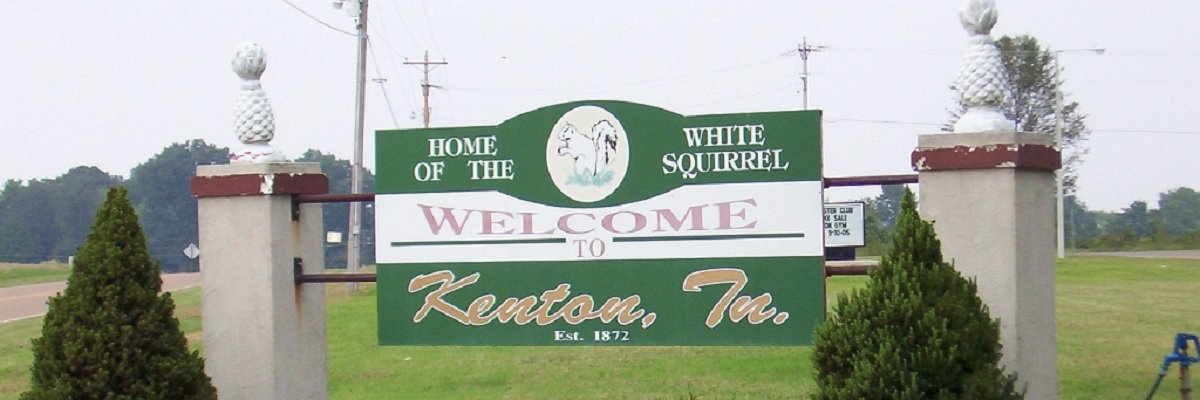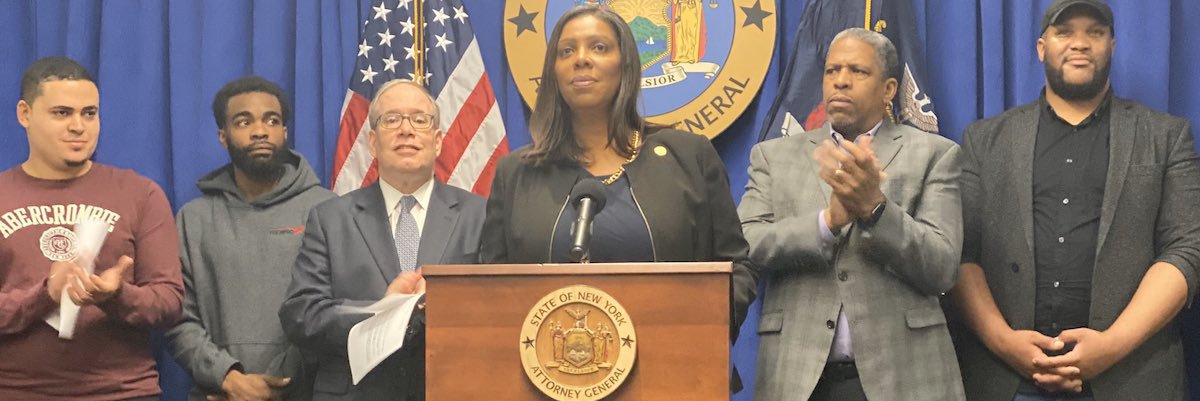Small-town mayors in Tennessee pushed back against legislation that would require government entities to post basic information, such as meeting agendas and minutes, on their websites.
They said they don’t have the resources or the online expertise to provide the public with this information. As a result, Tennessee legislators deferred action on this legislation until next year.
The requirement was added to House Bill 626, which aims to prevent people from using public records requests to harass government employees. As amended, the bill would enable government officials to get an injunction preventing people from making additional requests for free inspection of public records if they’ve already made 12 or more requests within the past year. Government officials would have to show these records requests weren’t made “for any legitimate purpose” and that these requesters “seriously abused, intimidated, threatened or harassed” a government employee.
Requests by journalists or others who planned to share government information with others would not be considered harassment, under a proposed amendment by bill sponsor Representative William Lamberth.
During an April 9th House Judiciary Committee meeting, Lamberth said the bill was prompted by a “few individuals” who “abuse our public records system.”
“They literally weaponize public records requests,” he said.
Some people come into government offices every month “just to harass someone personally,” said Lamberth, a Republican from Portland.
Other states, including Massachusetts, also are wrestling with how to deal with so-called “vexatious requesters” of public records. The trick is to find a way that lets government officials deal with such harassment without hurting the public’s ability to get information about what the government is doing.
In dealing with this issue, Lamberth said he realized there was “a massive problem” with Tennessee’s public records request system. It’s too hard for citizens to get basic information from many government entities, he said.
That’s why he decided to amend his bill to require government entities to post agendas for upcoming meetings online, and include packets of information provided to board members.
Minutes of meetings also would be required to be published on government websites. So would annual financial reports and the names of all members of government bodies.
“It is time for us to update our public records system so that the people of this state can get the information that they paid for, that they deserve, and they have a right to,” Lamberth said.
“If we’re really all about transparency, let’s get busy with it. Let’s get real about it, and let’s actually do what we say we want to do,” he said. “Let’s make this information transparent and easy to get.”
Other legislators, however, said they’d heard concerns about this requirement from local officials in rural areas of the state. Many local governments don’t have employees who can maintain websites that are this robust, said Representative Bill Sanderson, a Republican from Kenton, a small town in West Tennessee.
“We don’t even have a city website,” he said.
Lamberth, however, noted that he checked some of the Facebook pages of mayors who raised concerns about his proposal.
“It’s amazing just how adept they are at posting their Facebook pages, while at the same time claiming they cannot post public information,” he said.
Sanderson said he would be happy to work with Lamberth on the bill.
“I do think we can work on this to make it better,” Sanderson said.
“The ultimate goal of more transparency” is worth the trouble, said Representative Martin Daniel, a Republican from Knoxville.
“Transparency often requires time, effort, expense,” he said.
The amended bill is embedded below.
Image by DoxTxob via Wikimedia Commons and is licensed under CC BY-SA 3.0




